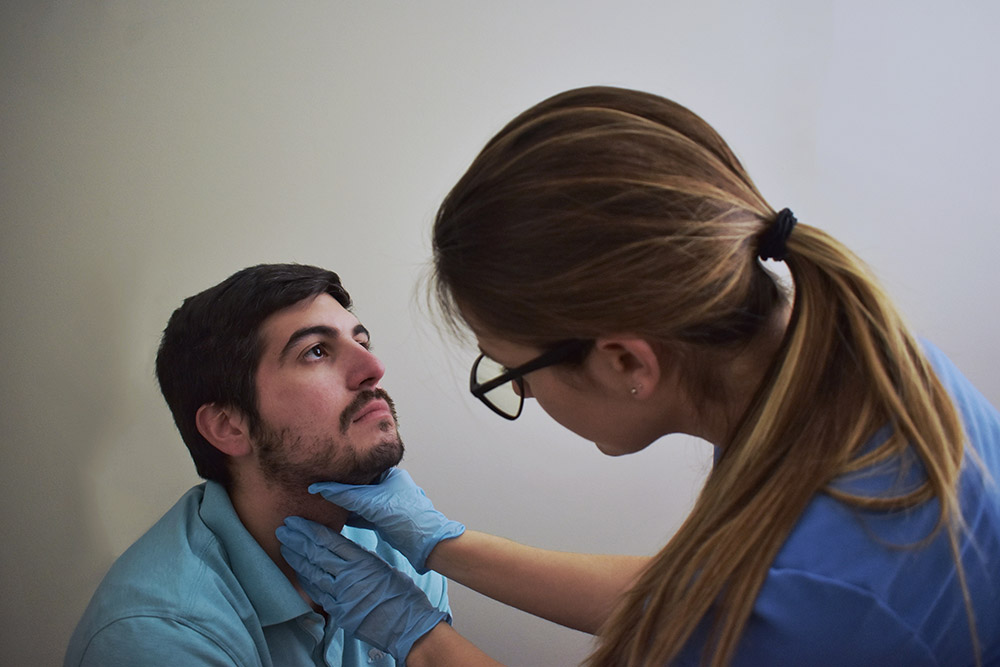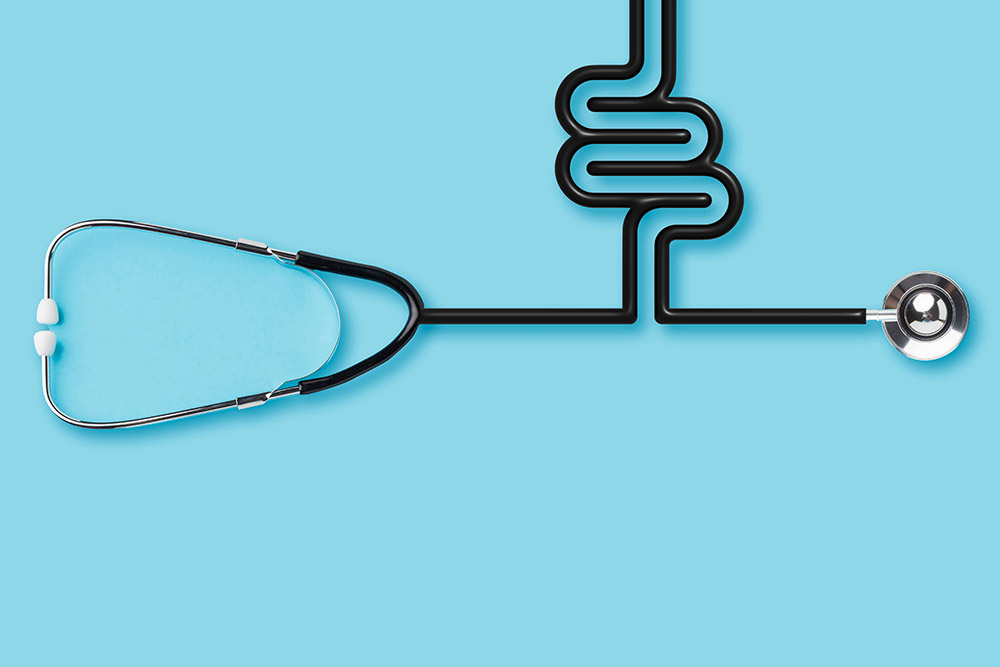What Is Indeterminate Colitis?
Indeterminate colitis is a form of inflammatory bowel disease that has overlapping features of both ulcerative colitis and Crohn's disease. It is diagnosed when symptoms, endoscopic findings, and tissue biopsies do not clearly match one condition. Patients experience chronic inflammation in the colon, and a careful review of symptoms, medical history, and diagnostic tests is needed to guide treatment.
Common Causes and Risk Factors
- Family history of inflammatory bowel disease (IBD)
- Immune system dysfunction attacking the intestinal lining
- Environmental triggers such as infections or psychological stress
- Cigarette smoking
- Typical age of onset between 15 and 35 years
Signs and Symptoms
- Abdominal pain and cramping
- Frequent, urgent bowel movements
- Diarrhea, sometimes with blood
- Fatigue and unintentional weight loss
- Low-grade fever during active inflammation
Expert Treatment for Indeterminate Colitis by Dr. Bharat Pothuri
Dr. Pothuri uses a comprehensive, step-by-step approach:
Medical History and Symptom Review
He evaluates your epigastric pain, bowel habits, weight changes, family history of IBD, and other risk factors.
Laboratory Tests
Blood work checks for inflammation markers (CRP, ESR), anemia, electrolyte imbalances, and nutritional deficiencies.
Stool Studies
- Stool cultures to rule out infection
- Fecal calprotectin to quantify gut inflammation
Endoscopic Evaluation
- Colonoscopy with targeted biopsies to examine the colon lining and obtain tissue samples
- Upper endoscopy if your epigastric pain suggests upper GI involvement
Advanced Imaging
- CT enterography or MR enterography for detailed views of small and large intestines
- Abdominal ultrasound to exclude gallbladder or pancreatic causes of epigastric discomfort
Expert Integration
Dr. Pothuri reviews all findings to differentiate indeterminate colitis from ulcerative colitis or Crohn's disease and tailor your treatment plan.
Frequently Asked Questions
What is indeterminate colitis?
Indeterminate colitis has features of both ulcerative colitis and Crohn's disease and cannot be definitively classified.
What symptoms occur?
Symptoms include diarrhea, blood in stool, abdominal pain, urgency, and fatigue-similar to other IBD forms.
How is it diagnosed?
Diagnosis requires colonoscopy with biopsies, imaging, and clinical correlation when IBD type remains unclear.
What treatments are used?
Treatment mirrors IBD management aminosalicylates, steroids, immunomodulators, biologics, and surgery if needed.
Does indeterminate colitis change over time?
Yes. Some patients disease behavior evolves, clarifying into Crohn's or ulcerative colitis over months to years.












